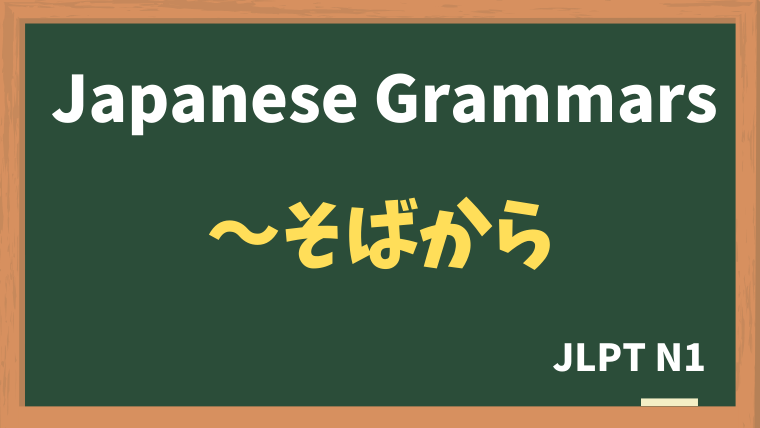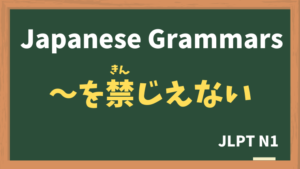
Explanation:〜そばから
fa-check-circleMeaning
"〜しても、すぐにまた・・・してしまう"
"as soon as / even if he does ~, he will soon ~"
Used to indicate that something occurs immediately after another action or event, often with a sense of frustration or inevitability. It conveys the idea that despite efforts to prevent it, a certain outcome happens almost simultaneously or in close proximity to the preceding action.
fa-check-circleForm
V(dictionary form / ta form)+ そばから
fa-check-circlePoints
- Immediate Succession: "〜そばから" emphasizes that one action happens right after another, highlighting the close timing between the two events.
- Frustration or Inevitability: It often carries a nuance of frustration or resignation, suggesting that the second action is unexpected or undesirable, despite efforts to avoid it.
- Common in Conversation: This expression is commonly used in spoken language and informal contexts, making it relatable and effective for everyday situations.
fa-check-circleJLPT Level
N1
fa-check-circleNote
よくない意味で使います。
Sample sentenes
トムさんに、この文法は間違えやすいから気をつけてって言ったのに。言ったそばから間違えてるよ。
I told Tom that this grammar is easy to mistake, so he should be careful. But right after I said that, he made a mistake.
さっき掃除したばかりなのに。掃除したそばから部屋を散らかして。
I just cleaned up a moment ago, but right after I cleaned, the room got messy again.
彼は聞いたそばから、忘れていつも同じ質問を繰り返す。
He forgets right after he hears something and always repeats the same questions.
彼女は「今日からダイエットする」と言ったそばから、カフェでケーキを食べていた。
She said, "I’ll start dieting today," and right after that, she was eating cake at a café.
Vocabulary
| Japanese |
English | |
| 散らかす | ちらかす | to make a mess |






